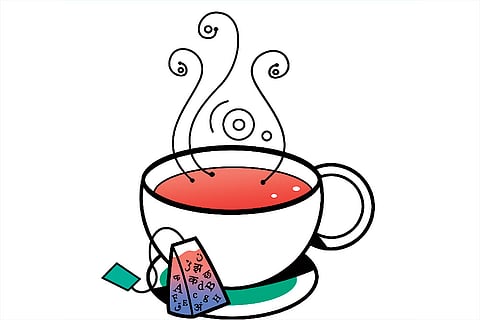There are many things which seem to be more important in ordinary life than poetry, an art of spontaneity, passion, vision, but difficult grace. I recall, 60 years ago, a senior poet saying, without any trace of sadness or self-mockery, to us youngsters in the small town Sagar, “Poetry is good, but tea is better!”
However, practising for long the dismal art of verse-making without regret or reticence, I am delighted to see that at long last there is some sort of an upsurge in India—judge it by the sheer number of poetry festivals that dot the calendar these days. Just last month, the Raza Foundation organised ‘Vak’, a poetry biennale in Delhi, and another poetfest just concluded in Mumbai. Young poets who write in Hindi met for two days in BHU, Banaras, in a ‘Yuva Sangam’. A poetry festival, Kritya, is to be held in Kerala and a World Poetry Festival is coming up in Patna, possibly in December this year. Bengal has a State Akademi of Poetry. The Jnanpith has been given to the Bengali poet Shankha Ghosh. A festival of Assamese poetry is to take place in May 2017 and the Jawahar Kala Kendra, Jaipur, is planning a poetry festival in September.
